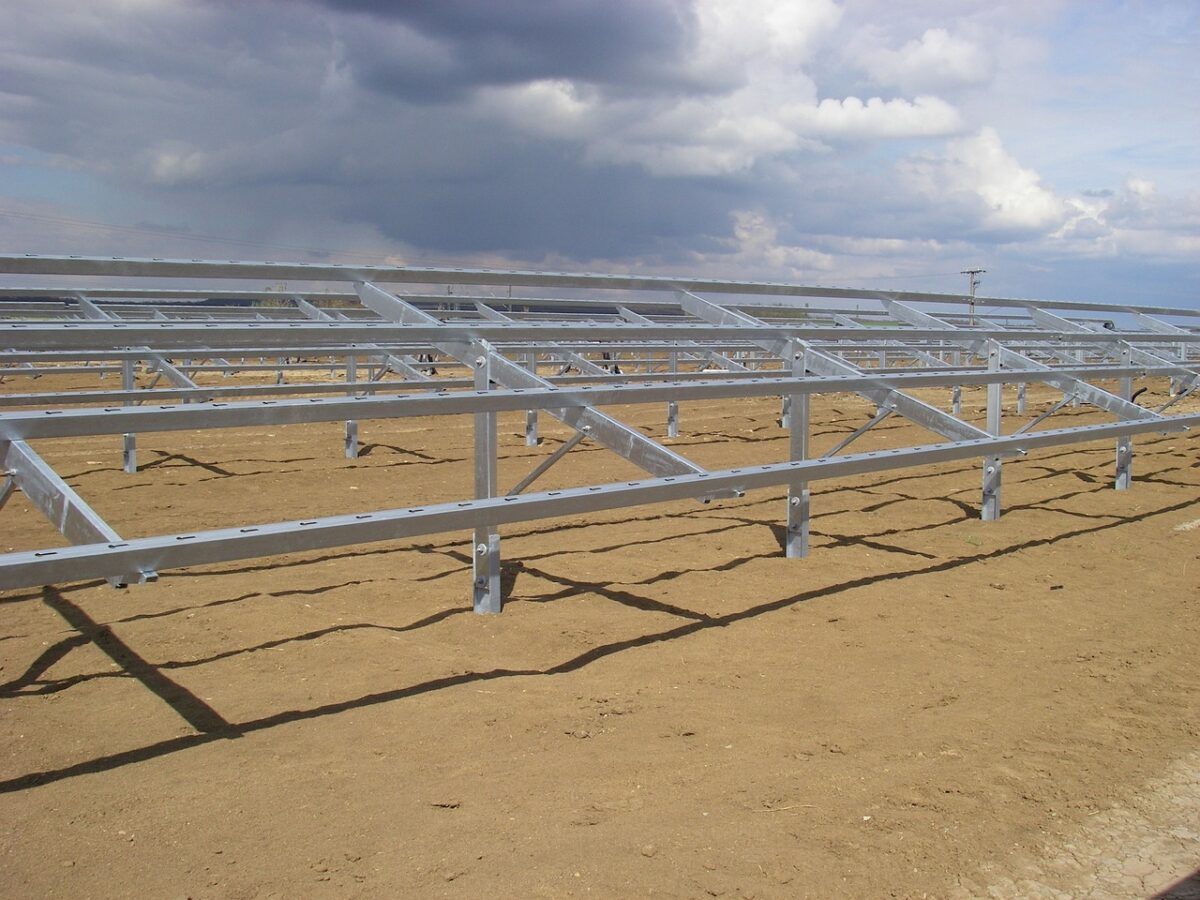Greece’s Spef trade association has asked the national government to halt new authorizations for large-scale PV plants to curb rising curtailment.
A Spef spokesperson told pv magazine that from January to August, Greece curtailed about 500 GWh of solar, compared to 224 GWh of curtailed energy in 2023.
Energy storage is a potential solution for Greece’s power curtailment problem. The government held a public consultation from Aug. 29 to Sept. 12 to seek ways to expand energy storage beyond the existing 1 GW auction program for standalone batteries.
Greece's National Energy and Climate Plan (NECP) aims for 4.3 GW of battery storage and 1.7 GW of pumped hydro storage by 2030, following a public consultation that concluded this week.
However, Spef has cast doubt that energy storage alone will solve the power curtailment issue. In a recent letter to the Ministry of the Environment and Energy, Spef attributed the problem to low power demand and a surge in renewable plant licenses since 2020.
Spef also said that expanding grid lines and storage won't help unless demand increases. While grid lines can move energy across regions and storage can shift the energy consumption profile, both solutions fall short without higher demand.
Spef has argued that international interconnections won't resolve Greece's low electricity demand and rising power curtailments. Neighboring European countries often experience oversupply of solar power and low wholesale electricity prices at the same time as Greece.
Spef also said that planned interconnections to Northern Africa and the Middle East are designed primarily for power imports, with no guarantee of exports.
The Greek government's recent public consultation on the updated NECP proposes adding 10 GW of new solar and onshore wind power by 2030. As of May, Greece had already installed 12.5 GW of capacity.
However, Spef said it doubts that cumulative PV and onshore wind capacity in 2030 can be limited to 22.5 GW, as the NECP suggests. Spef has told the Ministry of Environment and Energy that 15 GW of new renewable projects have already secured grid connection licenses, with an additional 45 GW waiting for approval. Another 100 GW of projects are in earlier stages of the licensing process.
Spef estimates that Greece will reach 11 GW of installed PV capacity by the end of 2024, up from 7 GW at the end of 2023, with 13 GW by 2026 and 19 GW by 2030. The association said that 19 GW of PV capacity in 2030 will likely face significant power curtailment.
Spef has projected yearly renewable energy curtailments up to 2030 based on its own installation estimates, compared to the NECP targets. Spef predicts 25% curtailment of renewable power by 2030, while the NECP anticipates only 5%.
According to Spef, the 25% curtailment estimate assumes all installed green capacity could be stored. This estimate only applies to renewable plants larger than 400 kW that were connected to the grid after July 2019, as older plants have priority dispatch under national and EU laws.
Spef has warned that curtailment could escalate by 2030 and has called on the government to stop issuing new grid connection licenses and to reduce investor interest in PV technology.
This content is protected by copyright and may not be reused. If you want to cooperate with us and would like to reuse some of our content, please contact: editors@pv-magazine.com.



By submitting this form you agree to pv magazine using your data for the purposes of publishing your comment.
Your personal data will only be disclosed or otherwise transmitted to third parties for the purposes of spam filtering or if this is necessary for technical maintenance of the website. Any other transfer to third parties will not take place unless this is justified on the basis of applicable data protection regulations or if pv magazine is legally obliged to do so.
You may revoke this consent at any time with effect for the future, in which case your personal data will be deleted immediately. Otherwise, your data will be deleted if pv magazine has processed your request or the purpose of data storage is fulfilled.
Further information on data privacy can be found in our Data Protection Policy.